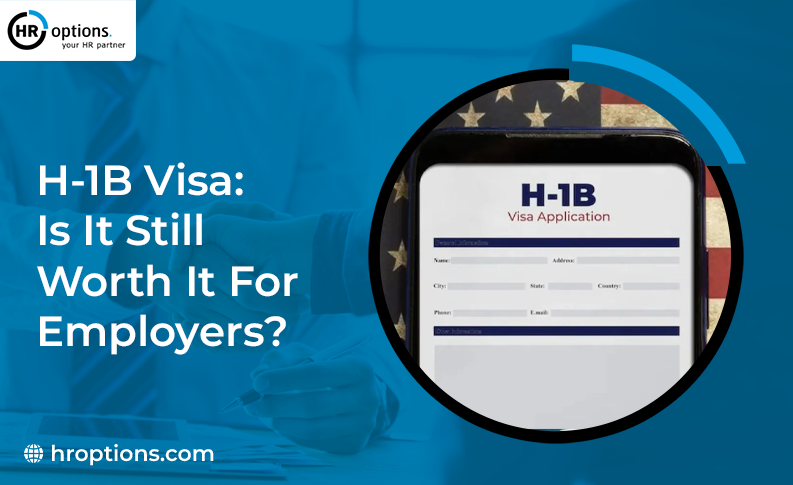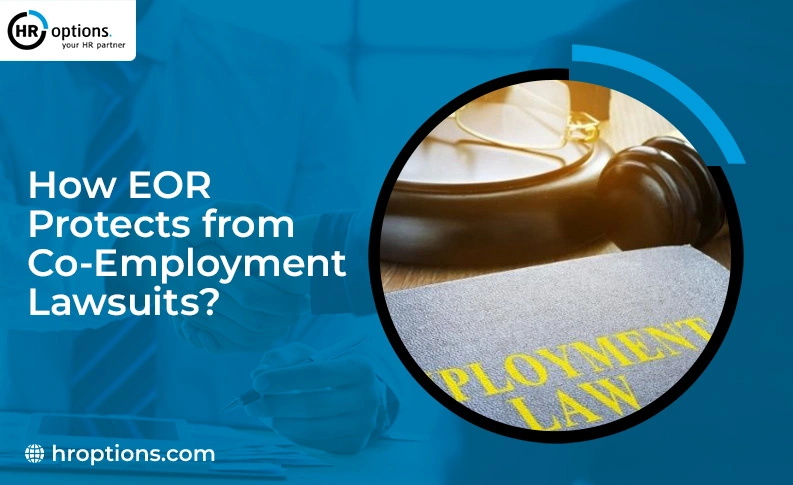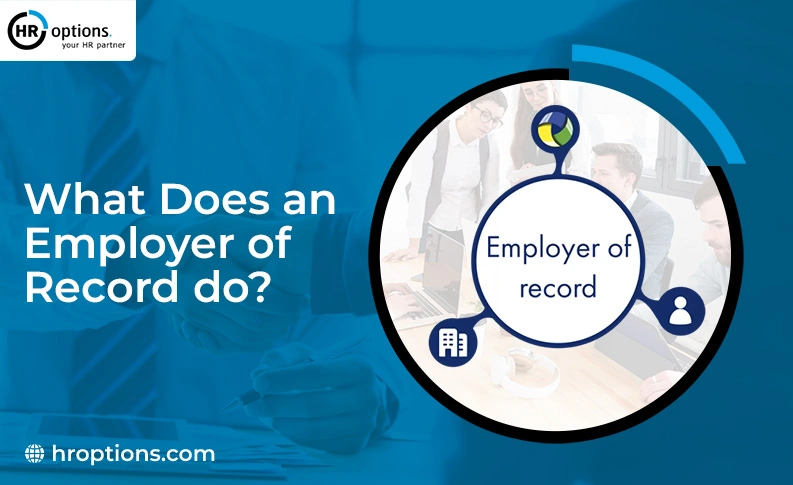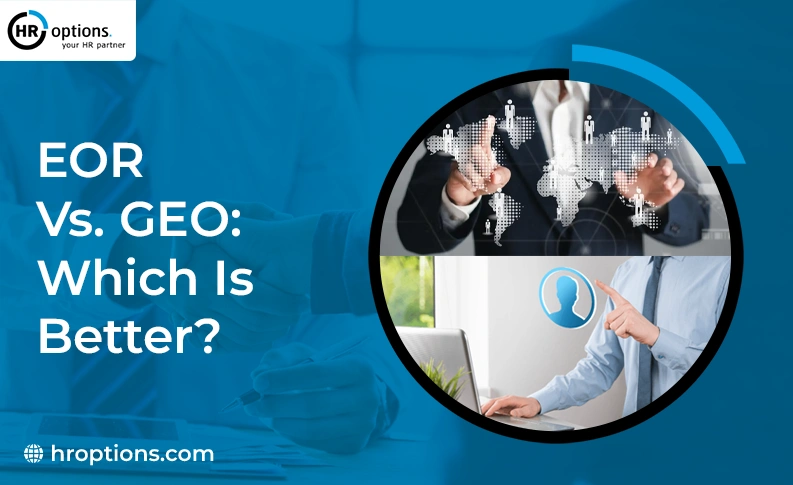Recruiting the right people is a priority for any business, and how businesses conduct recruitment and employment may vary significantly. Organizations often rely on two popular solutions: recruitment process outsourcing (RPO) and employer of record (EOR).
The purpose of an RPO is to assist companies in sourcing and hiring talent, while an EOR helps companies legally employ workers and stay compliant with labor laws.
RPO is best applied in companies that need professional help improving the recruitment process, and EOR suits companies expanding internationally without forming local entities. Simply put, RPO improves your hiring process, and EOR takes care of the legal employment of your people.
A Detailed Comparison Between RPO and EOR
Here’s a detailed difference between the two:
What Is Recruitment Process Outsourcing (RPO)?
Recruitment Process Outsourcing refers to outsourcing some or all of a company’s hiring activities to an outsourcing firm. An RPO partner focuses on improving a company’s overall talent acquisition process.
How does it work?
- Advertises job openings and sources qualified candidates.
- Selects and interviews candidates.
- Facilitate the recruitment of shortlisted candidates.
- The service may cover particular positions, departments, or the entire recruitment process.
What Is Employer of Record (EOR)?
An Employer of Record is a service that legally acts as the employer of your workers. While the company manages day-to-day work, the EOR manages all HR and compliance.
How does it work?
- Manages payroll, benefits, and tax reporting.
- Ensures full compliance with local labor laws.
- Allows companies to hire employees abroad without establishing local entities.
- The client company oversees daily operations, while the EOR manages all legal employer responsibilities.
RPO vs. EOR: Side-by-Side Comparison
Here’s a simple comparison table to understand the difference:
| Factor | RPO (Recruitment Process Outsourcing) | EOR (Employer of Record) |
|---|---|---|
| Focus | Talent acquisition | Employment & compliance |
| Legal Employer | No | Yes |
| Payroll & Benefits | Not included | Included |
| Global Expansion | Limited support | Strong support |
| Cost | Project-based | Ongoing, per-employee fees |
What Are the Pros and Cons of RPO?
Pros
- Access to expert recruiters and better candidate quality.
- Saves time and reduces HR workload, freeing teams to focus on strategy instead of administrative tasks.
- Flexible and scalable for different hiring needs.
Cons
- Does not cover legal employment or compliance.
- It may not be cost-effective for very small hiring needs.
- Requires strong coordination with internal teams.
What Are the Pros and Cons of EOR?
Pros
- Handles payroll, benefits, and compliance.
- Enables fast global hiring without a local entity.
- Reduces legal and tax risks for companies.
Cons
- Less direct control over HR policies.
- Limited customization of HR policies and benefits.
RPO vs. EOR: Which One Should You Choose?
Here are the factors you should consider:
1. Core Purpose: Hiring vs Employment
The main role of RPO is to find and hire talent. It is focused on recruitment tasks only. EOR goes beyond hiring by acting as the legal employer and handling payroll, compliance, and employee contracts.
2. Compliance Ownership
RPO does not own compliance; it only supports the hiring process. On the other hand, EOR takes full responsibility for compliance with labor laws, taxes, and benefits, reducing the company’s risk of fines and legal penalties.
3. Speed to Hire
RPO providers often speed up recruitment by using existing databases, tools, and networks to quickly identify and place qualified candidates. However, since RPOs depend on the company’s own legal setup, additional time may be needed for contracts and entity-related approvals.
In contrast, EORs already have the legal framework and infrastructure in place in multiple regions. This allows them to onboard employees almost immediately, enabling faster hiring in new markets.
4. Legal Employer Status
RPO is not the employer. It only helps with recruitment. EOR becomes the official employer on paper, which means it handles all legal responsibilities for workers.
5. Geographic Reach and Entity Setup
RPO can work across different locations, but it still depends on the company having a legal entity. EOR allows companies to hire in other countries without creating a local office or legal structure.
6. Control Over Workforce
RPO gives companies full control over employees after they are hired. EOR shares some control because it manages legal and HR matters. However, the company still controls daily tasks and performance.
7. Cost Structure and Budget Alignment
RPO costs are usually project-based and depend on the company’s hiring volume or duration of engagement. In contrast, EOR costs are ongoing and tied to each employee’s salary, benefits, and compliance management.
Companies should evaluate their budgets based on their goals, whether they prefer lower, short-term recruitment expenses through RPO or continuous employment support and compliance coverage through EOR.
Conclusion
RPO and EOR both help businesses, but in different ways. RPO focuses on recruitment, while EOR covers legal employment, payroll, and compliance. If you need better hiring support, RPO is a good choice. Meanwhile, EOR is a better choice in cases where you wish to go international or need to ensure compliance across borders.
If your organization is ready to expand globally with ease, contact HR Options today.








